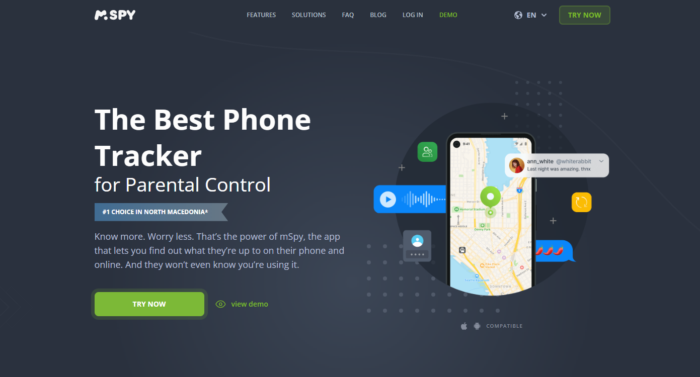Survey reveals thousands of women obtaining abortion pills monthly, despite state bans or restrictions.
A recent survey found that despite strict abortion laws, around 8,000 women per month received abortion pills by mail from states with legal protections for prescribers.

According to a recent report, thousands of women living in states with strict abortion laws are finding a way around these restrictions by receiving abortion pills through the mail from other states with laws protecting those who prescribe them. This groundbreaking #WeCount survey revealed that by the end of 2023, approximately 8,000 women per month were utilizing this alternative method of obtaining abortion pills. This is the first time that a specific number has been attached to the frequency of this workaround in the medical system. The research was conducted by the Society of Family Planning, an organization that advocates for abortion rights.
Interestingly, the survey also showed that an additional 8,000 women per month were receiving abortion pills through virtual appointments in states without any major restrictions on telehealth abortion. Overall, the study estimated that about 90,000 surgical or medication abortions were being offered by medical providers every month in 2023, which is a significant increase from the previous year. Another study found that nearly two-thirds of all abortions in the US were done through medication.
The report also highlighted the fact that providers in states with laws protecting them were prescribing pills to approximately 6,000 women per month in states where abortion is banned at all stages of pregnancy, or after cardiac activity can be detected (typically around six weeks, before many women even realize they are pregnant). This practice was also being utilized by about 2,000 women per month in states with restrictions on abortion pill prescriptions through telemedicine. According to David Cohen, a law professor at Drexel University, this is not surprising, as throughout history and across the globe, people have always found ways to terminate unwanted pregnancies.
Medication abortions, which involve taking a combination of two drugs (mifepristone and misoprostol), have become increasingly popular in recent years and are one of the key reasons why the total number of abortions in the US has continued to rise, despite the Supreme Court overturning Roe v. Wade in 2022. This is also reflected in a recent Pew Research Center poll, which found that a majority of Americans believe that medication abortion should be legal in their state.
After the overturning of Roe v. Wade, many Republican-controlled states implemented strict abortion bans, while Democratic-controlled states went in the opposite direction by enacting laws to protect their residents from being targeted by authorities in other states for abortion-related crimes. By the end of 2023, five states (Colorado, Massachusetts, New York, Vermont, and Washington) had such protections in place specifically for abortion pill prescriptions through telemedicine. Wendy Stark, the president and CEO of Planned Parenthood of Greater New York, hailed this as a critical win for abortion access in their state. However, James Bopp Jr., general counsel for the National Right to Life Committee, believes that the law of the state where the abortion takes place should apply, rather than the state where the prescriber is located. This issue has yet to be tested in court.
The researchers behind the #WeCount report note that before the implementation of these shield laws, people were obtaining abortion pills from sources outside of the medical system, but it is unclear exactly how many. Dr. Rebecca Gomperts, director of Aid Access (an abortion pill supplier working with US providers) believes that these laws are crucial in making the healthcare system more resilient. She hopes that eventually, all states without abortion bans will also adopt shield laws to protect both patients and providers. The report does not provide a breakdown of how many pills were shipped to each state with a ban, in order to protect the privacy of those receiving and providing these services. However, the lead researcher, Dr. Alison Norris, emphasizes that these shield laws are necessary in order to maintain the highest level of protection for all involved.
1 Views










